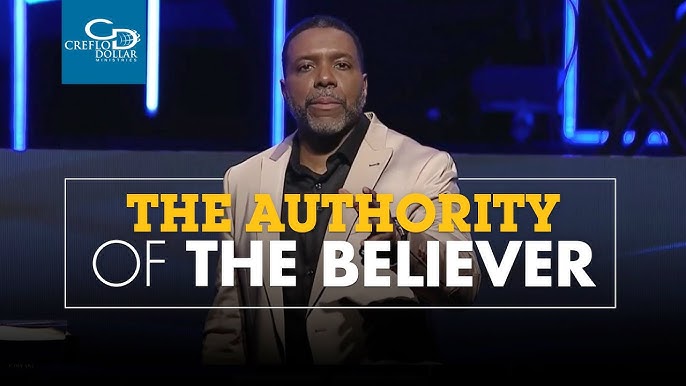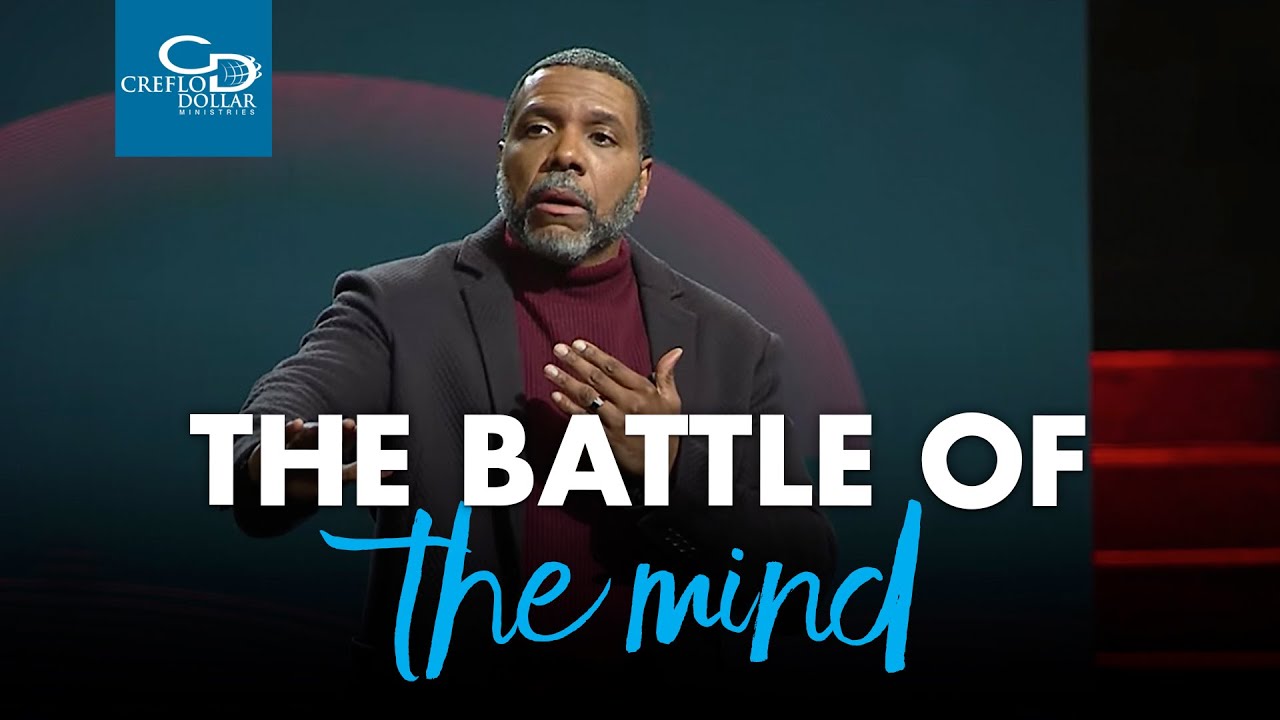This teachings explored through the Apostle Paul's warnings to Timothy, found in 2 Timothy 3:1–5. The passage describes a society marked by self-centeredness, godlessness, and moral decay. The sermon call believers to live in stark contrast to these characteristics by cultivating biblical virtues, staying watchful, and focusing on faithful discipleship. It focuses on the challenging nature of the "last days." The passage describes people exhibiting negative traits such as self-love, greed, boastfulness, pride, and a lack of respect for authority. It highlights behaviors like being abusive, disobedient to parents, ungrateful, unholy, without love, unforgiving, slanderous, and lacking self-control. The passage also mentions hypocrisy, described as "having a form of godliness but denying its power".
A sermon on this topic could outline these points, beginning with an introduction acknowledging the "terrible times" mentioned. It could then explore the inward desires driving these behaviors, such as love of self, money (seen as idolatry), and pleasure. The sermon could connect these inward states to outward actions like disrespect, arrogance, deceit, and corrupted relationships.
The call to action for believers, as found in the passage, is to "Have nothing to do with such people". This involves turning away from these worldly attitudes and living in contrast, cultivating virtues like unselfishness and humility. Believers are encouraged to endure, remain faithful through the Holy Spirit, and live as a testament to the gospel. The sermon can conclude with hope, focusing on Christ's promised return and the establishment of his kingdom. The appropriate response to the signs of the times is faithful living and witness.






Share